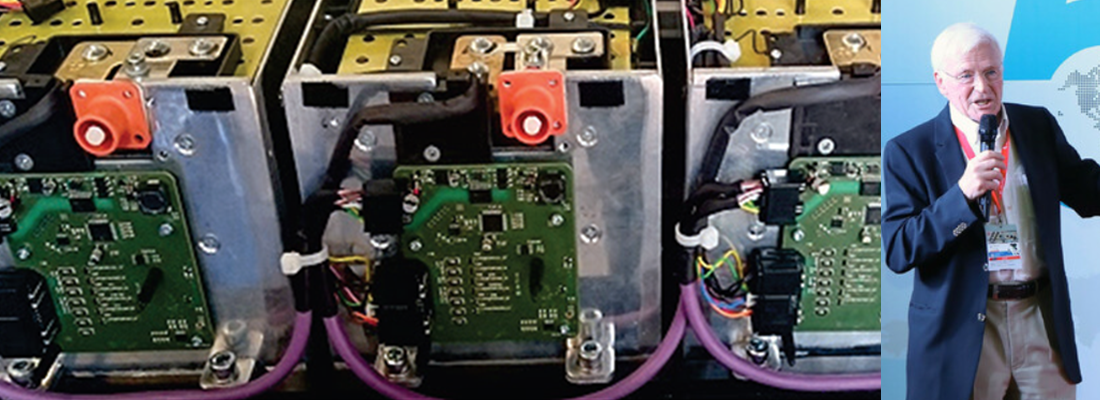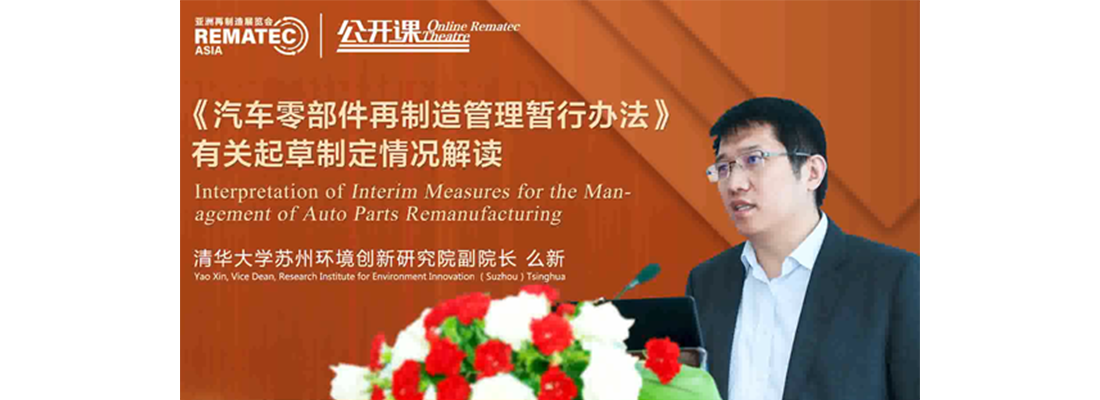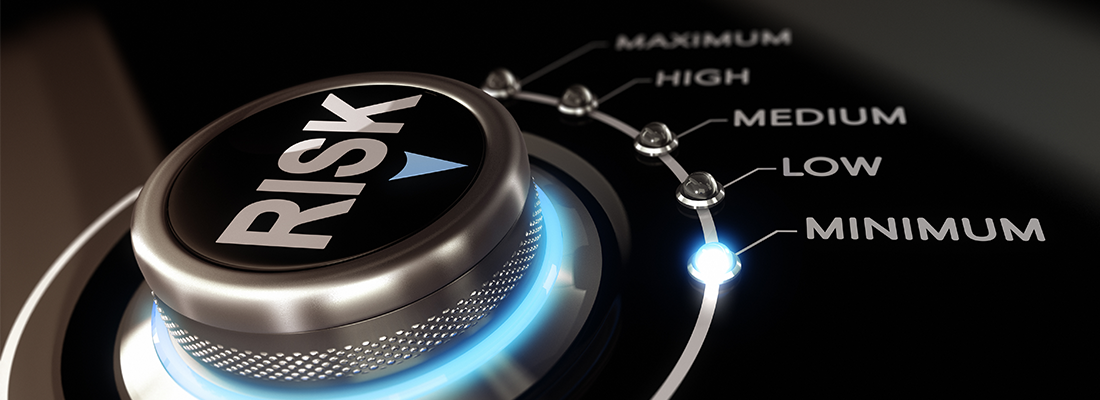EU and Serbia sign strategic partnership on sustainable raw materials, battery value chains and electric vehicles
EU and Serbia sign strategic partnership on sustainable raw materials, battery value chains and electric vehicles
The Partnership aims to support the development of new local industries and high-quality jobs along the electric vehicle value chain in full respect of high environmental and social standards while addressing the concerns of local communities with full transparency. The Partnership also provides the framework for a strong public-private multi-level engagement between the EU institutions and bodies, industrial actors, business associations, social partners, representatives of civil society, relevant ministries of interested Member States and Serbia, public organisations, financial institutions, and investors.
Executive Vice-President for the European Green Deal, Interinstitutional Relations and Foresight of the European Commission, Maroš Šefčovič, signed the MoU with the Minister of Mining and Energy of the Republic of Serbia, Dubravka Đedovič Handanović. The signing ceremony took place during the High-Level Summit on critical raw materials in Belgrade. The Partnership builds on the Stabilisation and Association Agreement ('SAA') entered into force on 1 September 2013 and is in line with EU's New Growth plan for the Western Balkans. It represents a building bloc in advancing Serbia's integration within the EU's single market, and further boosting its economic, social and environmental convergence with the EU.
Five areas of cooperation
This MoU, in accordance with the SAA, establishes close cooperation between Serbia and the EU in the following five areas:
- Enhance the development of value chains for raw materials, batteries and EVs, by facilitating close cooperation between EU and Serbian industrial actors and stakeholders. The MoU will encourage the development of a mutually beneficial pipeline of projects with special focus on the EV industrial ecosystem.
- Cooperation on research and innovation (R&I), by mapping the existing cooperation areas under EU Horizon Europe R&I framework programme and other schemes. On the basis of the MoU, both parties will share knowledge and technologies related to sustainable exploration, extraction, processing and recycling of secondary raw materials.
- Application of high environmental, social and governance standards and practices will be facilitated through mutual consultation and exchange of information on relevant policies and initiatives along the entire value chains, including through the application of increased due diligence and traceability for the battery value chain.
- Mobilisation of financial and investment instruments to support investment projects under the Partnership, notably through Invest EU, the Western Balkans Investment Framework and a Single Project Pipeline in Serbia as well as under the European Raw Materials Alliance and European Battery Alliance.
- Developing necessary skills for high-quality jobs in raw materials and battery sectors. This includes participation of Serbian organisations in European Battery and upcoming Raw Materials Academies, including possible Serbian contribution with dedicated programmes and internships.\
Next Steps
Following the signature of the MoU, the EU and the Republic of Serbia will jointly develop within six months a roadmap with concrete actions to put the Strategic Partnership into practice.
Background
The EU has a well-established and growing market for green technologies, like batteries, that offers many opportunities for offtake agreements, joint ventures and joint R&I projects. The Partnership will support developing sustainable supply chains between both sides and enable furthering environmental, social and governance standards and exchange of knowledge on raw materials.
With critical raw materials being an essential prerequisite for delivering on the green and digital transitions, the Commission has started to build a series of Partnerships on raw materials, following the Action Plan on Critical Raw Materials and the Critical Raw Materials Act. Such agreements were signed with Canada and Ukraine in 2021, with Kazakhstan and Namibia in 2022, with Argentina, Chile, Zambia, the Democratic Republic of the Congo and Greenland in 2023, and with Rwanda, Norway, Uzbekistan and Australia in 2024.
The Critical Raw Materials Act aims to ensure the EU's secure and sustainable supply of critical raw materials. The Act supports the development of projects contributing to build strategic raw materials capacities across all value chain stages, both within and outside of the EU.





